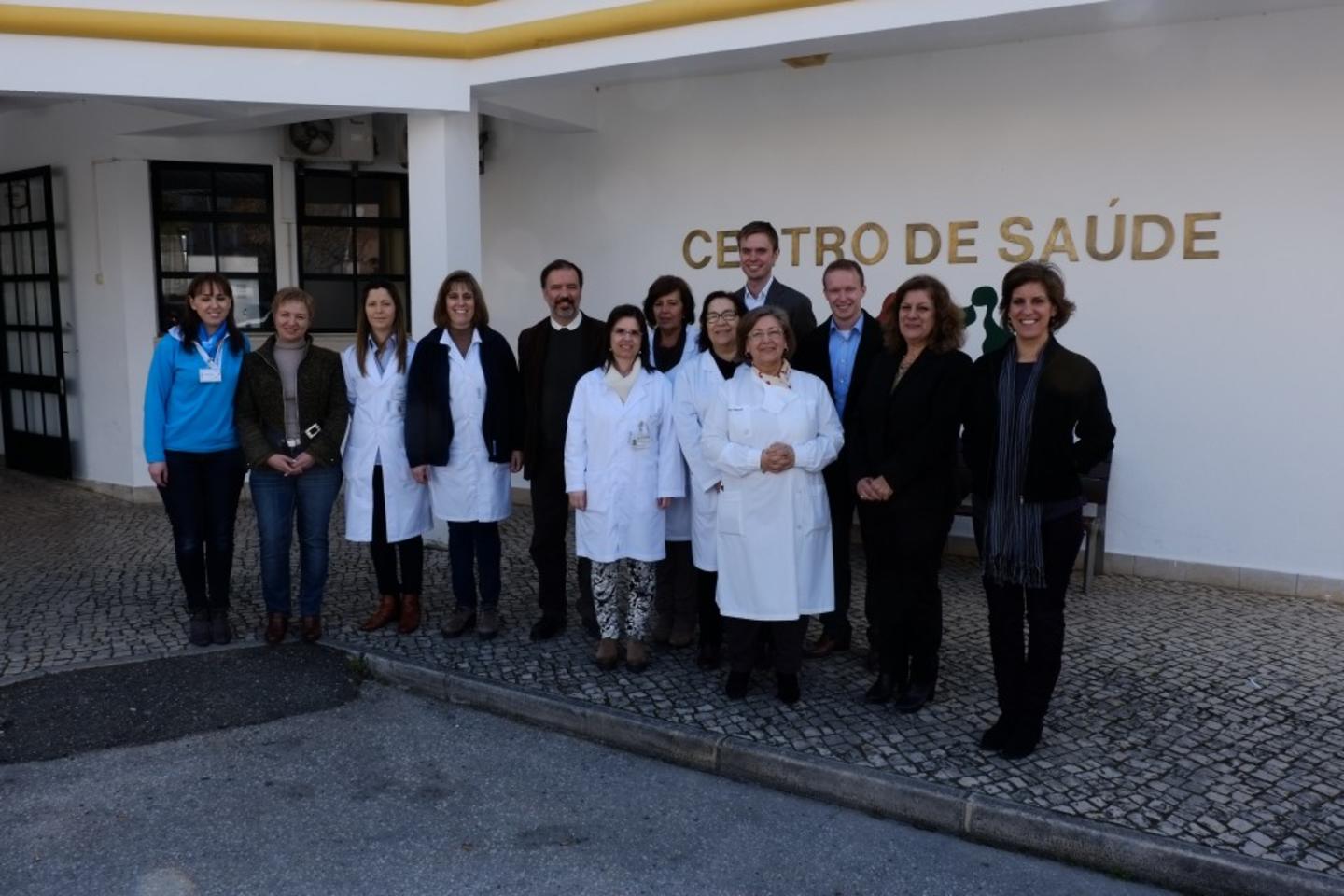Health inequality is an under-addressed issue in Portugal, mostly due to the lack of reliable and comprehensive data on public health. The National Health Survey (INSEF) supported by Iceland, Liechtenstein and Norway through the Portuguese ‘Public Health Initiatives’ programme aims to contribute to increased health equity through new data.
The data will be compiled by examining the health of 4 200 individuals in Portugal between 25 and 74 years. Each participant will undergo a small physical examination, routine medical tests, and a short interview on his or her health and lifestyle habits. The results of the examination will be followed-up by the participants’ doctors if further action is needed.
Long-term benefits
The survey participants will not only receive comprehensive information about their own health – by participating in the survey they will likewise contribute to a better understanding of the health challenges faced by the Portuguese population.
Once completed, the survey results will be pulled together into Portugal’s first bio-bank which will give a clearer picture of health equity in Portugal, as well as serve as a useful tool in decision making and strategy development.
“Future health profiles for the population at national and regional levels will be of higher quality than before. This will be of great support for the planning and evaluation of public health programs,” explains Carlos Dias from the National Health Institute of Portugal (INSA) which manages the project.
The survey will be carried out by qualified professionals in 49 health care centres in all seven regions of Portugal. Dias is pleased with the wide participation and close collaboration. “We aim to build capacity at the regional level which can form a basis for future cooperation and health and examination surveys – be it at national or international level,” he notes.
Close cooperation
The Norwegian Institute of Public Health (NIPH) is a donor programme partner for the Portuguese ‘Public Health Initiatives’ programme and works as a strategic adviser for the INSEF project. “Cooperation with Norwegian partners is very important because Norway has extensive experience in areas were Portugal needs to upgrade its capacity and expertise,” says Dias.
Benefitting from the cooperation is not a one-way street. Heidi Lyshol, Senior Adviser at the NIPH notes that Norway likewise has a lot to gain from the project:
“I think this has been a good example of international collaboration because it has provided both countries with many valuable opportunities to learn from each other,” she says. “We are both learning about different approaches in collecting health information, as well as making useful international contacts,” she adds, mentioning INSA and NIPH’s joint participation in the European Survey Research Association’s upcoming Annual Conference as an example. The two partners have been accepted to present the survey and their collaboration during the conference, which will take place in Reykjavik in July 2015.
Read more about the Portuguese ‘Public Health Initiatives’ programme
